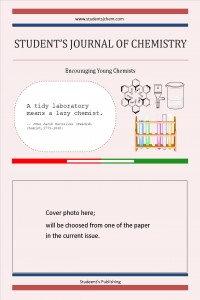Abstract
Prostate cancer is perhaps the most dominant cancer in men. The increased resistance to therapeutic agents and deficiency of targeted therapy for prostate cancer cells offer motivation to find new scaffolds for the treatment. The current study investigates substituted biscoumarin analogs (1-19) anticancer activity in the prostate cancer (PC3) cell line and its antioxidant potential. Out of these nineteen analogs, the compounds 1, 8, 9, 10, 12, 14, 16, 18 and 19 showed good PC3 cell line inhibitory potential when compared with the standard doxorubicin. Compounds 1-19 were also checked for DPPH radical scavenging potential. Compounds 2, 5, and 17 showed good potential. All analogs were also evaluated for superoxide anion scavenging activity and found to be inactive. The docking analysis shows that the biscoumarin is an anti-cancer ligand and has the ability to inhibit the activity of the human histone acetyltransferase. Overall this study has contributed for anticancer and antioxidant agents.
References
- Au, Nicholas; Rettie, Allan E (2008). "Pharmacogenomics of 4- hydroxycoumarin anticoagulants", Drug metabolism reviews, 40, 355-375
- Blois, Marsden S (1958). "Antioxidant determinations by the use of a stable free radical", Nature, 181, 1199-1200
- Boyd, Lara K; Mao, Xueying; Lu, Yong-Jie (2012). "The complexity of prostate cancer: genomic alterations and heterogeneity", Nature Reviews Urolog,y 9, 652
Details
| Primary Language | English |
|---|---|
| Subjects | Organic Chemistry |
| Journal Section | Research Article |
| Authors | |
| Publication Date | July 15, 2020 |
| Published in Issue | Year 2020 Volume: 5 Issue: 1 |


